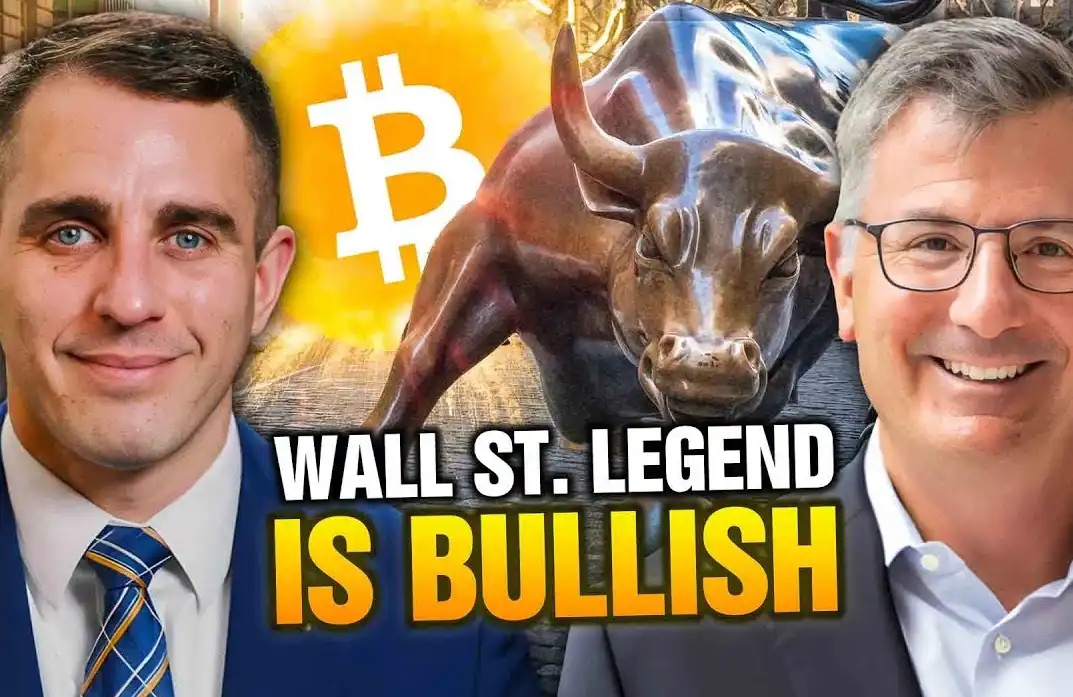nostr's "Economic Incentives" and "Economic Incentives"
原文标题:《 nostr 的「经济激励」与「经济学激励」 》
Original article by aLE, Cakksakkas
Table of contents:
·nostr's "Economic Incentives"
·nostr's "Economic Incentives"
nostr's "Economic Incentives"
Moving on to the "incentives" issue of nostr, especially the "economic incentives" issue of particular interest to you.
"It is impossible to generate electricity with love without economic incentives" is a classic shitcoiner narrative, a famous logic trap, and it is fair to say that "economic incentives" is a false proposition.
展开讲讲,拿比特币举例子,比特币的经济激励是挖矿,这是写在协议里面的,大家都很清楚这一点。凭借这一点,很容易发展出一门学问叫「 Token 经济学」,而「经济激励」是 Token 经济学乃至整个币圈最为常见的讨论话题之一,几乎所有区块链项目都要在白皮书里面把经济激励写得非常清楚,大家几乎也最关心这个。
But is that necessarily true?
In fact, it is not. If you think about it a little, it is easy to overturn the point that "it is impossible to generate electricity with love without economic incentives". In fact, there are not many people in the coin circle who know the early history of Bitcoin, if they do, many questions that have been discussed for many years would already have answers.
Have not seen the "Nakamoto Cong anthology" and "digital gold", I strongly recommend to see, read, you will find 2 problems:
1. While the financial incentives for mining are clearly spelled out in the Bitcoin protocol, the early participants in Bitcoin did not get a substantial financial return for their massive investment in electricity, computing power, and hard disk storage, because bitcoin did not have a price to begin with. You pay a bunch of stuff and get a bunch of "code" that doesn't do anything. Why do that?
2. While Bitcoin's economic incentives for mining are clearly written, Bitcoin has no economic incentives for full nodes. So, by shitcoiner's logic, no one does the whole node, right? No, in fact, Bitcoin has the largest number of nodes of any blockchain project. There's no economic incentive. Why so many full nodes?
In the case of "early-stage mining" and "full-node" bitcoin, love is generating electricity.
我以前被「 Token 经济学」洗脑颇深,在读这两本书的时候,完全不能理解这些早期参与者的动机。随着我对自由主义的逐渐理解,我就明白为什么了,因为自由本身就是激励。
大家都牺牲自己的硬盘储存空间和电力,却没有任何「经济」激励,shitcoiner(比如过去的我)自然会发出「实在是不清楚大家的动机为何如此」的疑问、「我来币圈是来搞钱的」,以至于按照这个逻辑,才会诞生出「凡事都发币」的整套游戏规则。那是不是应该发一个比特币的「Proof of Storage」的 Token 出来解决全节点的经济激励问题 [吃瓜]?
其实解决这一疑问的最好方法就是搬出经济学原理。「 Token 经济学」过于强调经济激励,对真的经济学却缺乏讨论。经济学不仅要讨论「你做了之后会得到什么」,也要讨论「你不做会失去什么」,而在「Token 经济学」中,对后者的讨论常常是缺失的。你想一想搞 nostr 还有中继器的经济激励是什么不如想想不搞 nostr 和中继器会失去什么?
What is lost is freedom.
Don't always "just coin it".
nostr's "Economic Incentives"
In order to understand why someone would want to make a nostr repeater out of love, I have to come up with a new concept, "economic incentives" to answer the question that "economic incentives" cannot answer.
Yes, there are no economic incentives for nostr and nostr Repeaters, that's a lot of people's opinion, but that's a more or less one-sided assessment, and if you disagree with my previous argument about freedom, and you have to push it to the bottom, and ask what the economic incentives are for this agreement, I can only answer you, yes, There is an incentive, but it is a roundabout and indirect one, but it is an economic one.
So we need to define the following:
1. There is no "economic incentive" for nostr and Repeaters: there really is no direct, monetary incentive at the protocol level.
2. There are "economic incentives" for nostr and Repeaters: There are indirect and indirect incentives, both non-monetary and monetary, to choose a decentralized protocol like nostr over a centralized server app developed by a big company and to run your own Repeaters.
「经济激励」:直接的、货币性的激励政策,一般体现在协议层面,表现形式为白皮书和「 Token 经济学」——发币。
"Economic incentives" : indirect, indirect incentives, usually at the social level, can be monetary -- no money is issued.
The "just issue a coin and you'll fix it" argument is very popular, claiming that it's "solving the problem," but in most cases, issuing coins doesn't solve any problems, it creates more problems.
The movement to financialise everything from ICOs to NFTS has not made the world better, but worse (I could write a separate article on that).
Going back to the original topic, what exactly is the "incentive" that motivates people to use nostr and run the repeater? Is love generating electricity? Is it perpetual motion or not?
Start with "generating power with love," a misleading description that assumes there is no "return," especially no "financial return."
But actually, in the English-speaking world, the phrase "power with love" is not so popular as "Value for Value" (V4V for short) :
The idea of value for value is simple: information is provided free of charge, directly, without any paywalls or middlemen. If the information was valuable to you, you are encouraged to give value back.
The idea behind V4V is simple: information is provided for free, directly, without any payment threshold or middleman. If the information is of value to you, we encourage you to return the value.
In the narrative of V4V, it presupposes the existence of "returns", including financial returns.
If you read the introduction to nostr, you will see that nostr is a V4V solution:
1. nostr is not a paid app, it's "free".
2. nostr implements point-to-point transmission of information, "direct". 3. nostr does not use centralized servers of large companies and "does not have any payment threshold or middlemen."
4. nostr integrates the Bitcoin Lightning network to "encourage you to give value back."
In conclusion, nostr is a better UGC solution. In the web2 narrative: 1. Your account belongs to the company, you only have the right to use the account, but no ownership. 2. Copyright in UGC does not belong exclusively to the creator. 3. Use indirect financial incentives (coins, tips), which cannot be realized directly. At the same time, use non-peer-to-peer payments.
I have written an article about this problem before. In web2 narration, "we media" is a pseudo-term. You are essentially working for a big company.
I have seen a million up on B station. He has made less than five figures in "financial return" for his videos so far. So what is it that motivates him? This is clearly a UGC model worse than nostr's "economic incentives". Are you aware of this paradox?
Now to economics, there's an important concept in economics called "opportunity cost" : what you give up to do something.
Tell me what the opportunity cost is for you to quit nostr and become a big company employee on web2. This is the core of nostr's "economic incentive".
If I get a more direct "economic incentive" than web2 through a better UGC protocol -- but a more circuitous "economic incentive" than "Token economics" -- why wouldn't I get a repeater at some cost?
nostr is an open source protocol, and most clients are open source. Please submit any bugs on github!
And most importantly:
DYOR!
Don't Trust, Verify!
Original link
Welcome to join the official BlockBeats community:
Telegram Subscription Group: https://t.me/theblockbeats
Telegram Discussion Group: https://t.me/BlockBeats_App
Official Twitter Account: https://twitter.com/BlockBeatsAsia
 Forum
Forum OPRR
OPRR Finance
Finance
 Specials
Specials
 On-chain Eco
On-chain Eco
 Entry
Entry
 Podcasts
Podcasts
 Data
Data

 Summarized by AI
Summarized by AI







